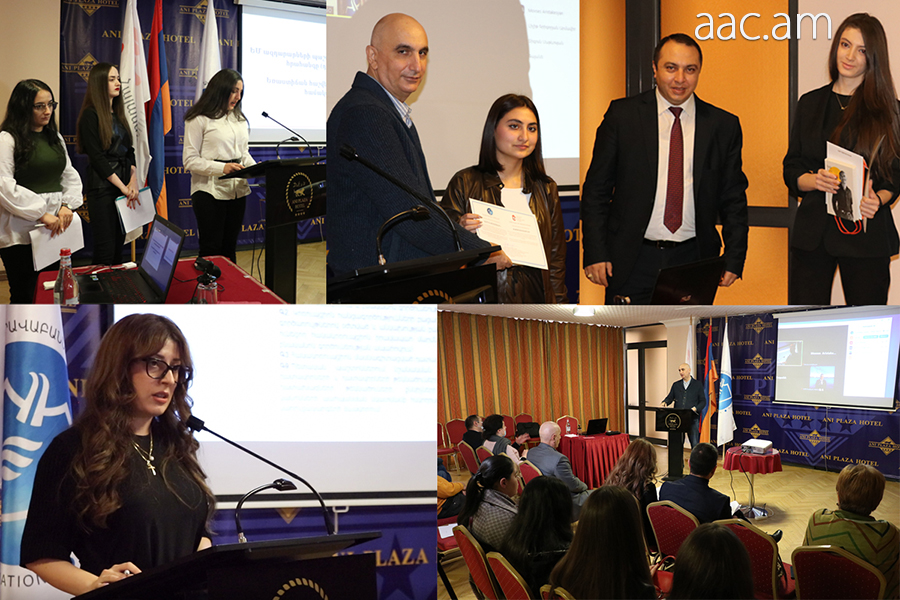The fight against corruption is not a monopoly of political authorities or government bodies։ Event with participation of CSOs on the occasion of International Anti-Corruption Day

The Armenian Lawyers’ Association (ALA) and the CSO Anti-Corruption Coalition of Armenia organized a discussion today, on 9 December, on the occasion of International Anti-Corruption Day, which was attended by representatives of more than 30 civil society organizations in person and online.
“The fight against corruption is not a monopoly of political authorities or state bodies, and regardless of the degree of political will, it is impossible to effectively overcome corruption risks without cooperation with the society, in particular with the entire sphere of professional civil society organizations. If these forces do not unite, then the anti-corruption fight cannot be effective, which is also evidenced by the international experience,” Mr. Karen Zadoyan, President of the ALA, Coordinator of the Secretariat of the CSO Anti-Corruption Coalition of Armenia said in his opening speech.
He said that it should be noted with regret, the fact that currently the Ministry of Justice does not show an inclusive, participatory approach to all professional structures, does not involve the potential of all structures in the development of public policies. Karen Zadoyan expressed hope that by raising this issue, the Ministry’s attention will be drawn to the problem and from now on a more inclusive, participatory and non-discriminatory approach will be shown to professional CSOs.
Karen Zadoyan also said that the specialized commission on constitutional reforms had frozen its activity after the second Artsakh war. A few days before the start of the war, the concept of constitutional reform was presented, so that the anti-corruption bodies would receive a constitutional status, in order to gain a high degree of independence. “I hope that the newly formed professional commission will inherit the legacy, which it will take from us, at least that issue will have a constitutional status, which will give high guarantees of independence and the anti-corruption bodies – the Anti-Corruption Committee and the Corruption Prevention Commission, will be listed among the independent bodies.”
According to Mr. Arkady Sahakyan, Member of the Governing Board of the CSO Anti-Corruption Coalition of Armenia, the coalition is a sovereign, Armenia-centered structure with a strategy, an active expert potential of the NGO sector, which well reflects its vision, strategic map and the victory flag. “We must be the strongest waving this flag. There is a very serious expert potential here, which can be the envy for the best public organizations in the world. We have acted and will act as a restraining force so that the state structures do not deviate from the path of victory, which has been outlined proved and evidence based by all of us,” he said.
Ms Suzanna Soghomonyan, Anti-Corruption Expert of the CSO Anti-Corruption Coalition of Armenia, presented the “Monitoring Report of the Actions of the Republic of Armenia Anti-Corruption Strategy and Its Implementation Action Plan for 2019+2022 to be carried out in the First Half of 2021”. According to her, the monitoring was carried out by application of several methods.
“In the case of some actions, the monitoring indicators of the strategy do not allow to check the qualitative impact of the actions, and in many cases the adoption of this or that law was mentioned as an indicator. The law was adopted, it was considered performance, and it turned out that we have an excellent result, but what results we achieve, in fact, this issue is not solved by the strategy. It turns out that in terms of quantity we may have a good performance, but in terms of quality we are yielding,” the anti-corruption expert said.
The election of the members of the sixth composition of the Governing Board of the CSO Anti-Corruption Coalition of Armenia were also held at the event.
The graduates of the 7th stream of Anti-Corruption School for Young Leaders – 2021 presented their group works and received their graduation certificates.
